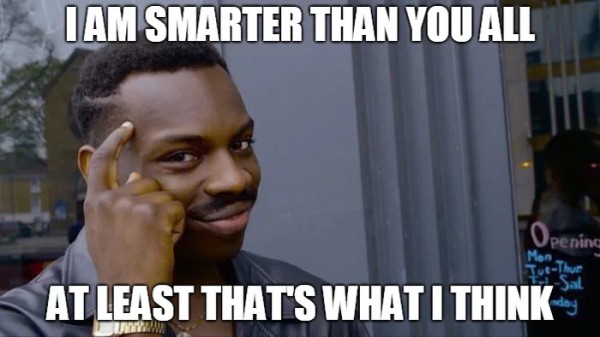How much can we afford to forget?
The problem is to WHOM you leave the burden to forget.

About 2400 years ago, Plato criticized writing because “If men learn this, it will implant forgetfulness in their souls. They will cease to exercise memory because they rely on that which is written, calling things to remembrance no longer from within themselves, but by means of external marks”. Yesterday, I discovered a similar concern, expressed by professor Gene Tracy a couple years ago: what becomes safe to forget, if we train machines to remember?
These are his main points:
Most of us don’t need to know [lots of] things because we are constantly engaged in “memory transactions' with a community of “memory partners', through activities such as conversation, reading and writing. As members of these networks, most people no longer need to remember most things.
This is not because that knowledge has been entirely forgotten or lost, but because someone or something else retains it. We just need to know whom to talk to, or where to go to look it up. The inherited talent for such cooperative behaviour expands our effective memory capacity enormously.
What’s new, however, is that many of our memory partners are now smart machines. But an AI - such as Google search - is a memory partner like no other. It’s more like a memory “super-partner', always available.
What should YOU make of this?
Be aware of the implications, of course. Here are some of them, as explained by Tracy, with some extra comments and links by me:
- As a species, we know that information from other people is almost always biased, but still believe too much, too often, that information from machines is necessarily correct and “objective', while it too frequently just amplify pre-existing biases instead.
- Using “artificial intelligence” as a know-it-all memory partner while learning can easily [produce] students who think they can walk on their own (for a real-world example of this, read this)
- The effort required to seek out knowledge from other people, or [opening a book], makes it clear to us what knowledge lies in other brains or books, and what lies in our own head. The web and search engines, instead, can make us believe that the knowledge we sought was part of what we knew all along. Besides inflating one’s self-image, this introduces new vulnerabilities at the social level: “It is through widespread loss of memory that civilisations are at risk of falling into a looming dark age”.
- (from a comment to Tracy’s post) “one of the major challenges of technology is that it doesn’t replace memory so much as create the illusion it can replace it - which can then worsen effects like this”
- ”…as time goes on, one generation gradually but unquestionably becomes a stranger to the next”.
What would Lazarus Long say?
What better occasion than this to quote Robert A. Heinlein, 1973?
“A human being should be able to change a diaper, plan an invasion, butcher a hog, conn a ship, design a building, write a sonnet, balance accounts, build a wall, set a bone, comfort the dying, take orders, give orders, cooperate, act alone, solve equations, analyze a new problem, pitch manure, program a computer, cook a tasty meal, fight efficiently, die gallantly. Specialization is for insects."
Do you agree?
Image source: 9gag
Who writes this, why, and how to help
I am Marco Fioretti, tech writer and aspiring polymath doing human-digital research and popularization.
I do it because YOUR civil rights and the quality of YOUR life depend every year more on how software is used AROUND you.
To this end, I have already shared more than a million words on this blog, without any paywall or user tracking, and am sharing the next million through a newsletter, also without any paywall.
The more direct support I get, the more I can continue to inform for free parents, teachers, decision makers, and everybody else who should know more stuff like this. You can support me with paid subscriptions to my newsletter, donations via PayPal (mfioretti@nexaima.net) or LiberaPay, or in any of the other ways listed here.THANKS for your support!